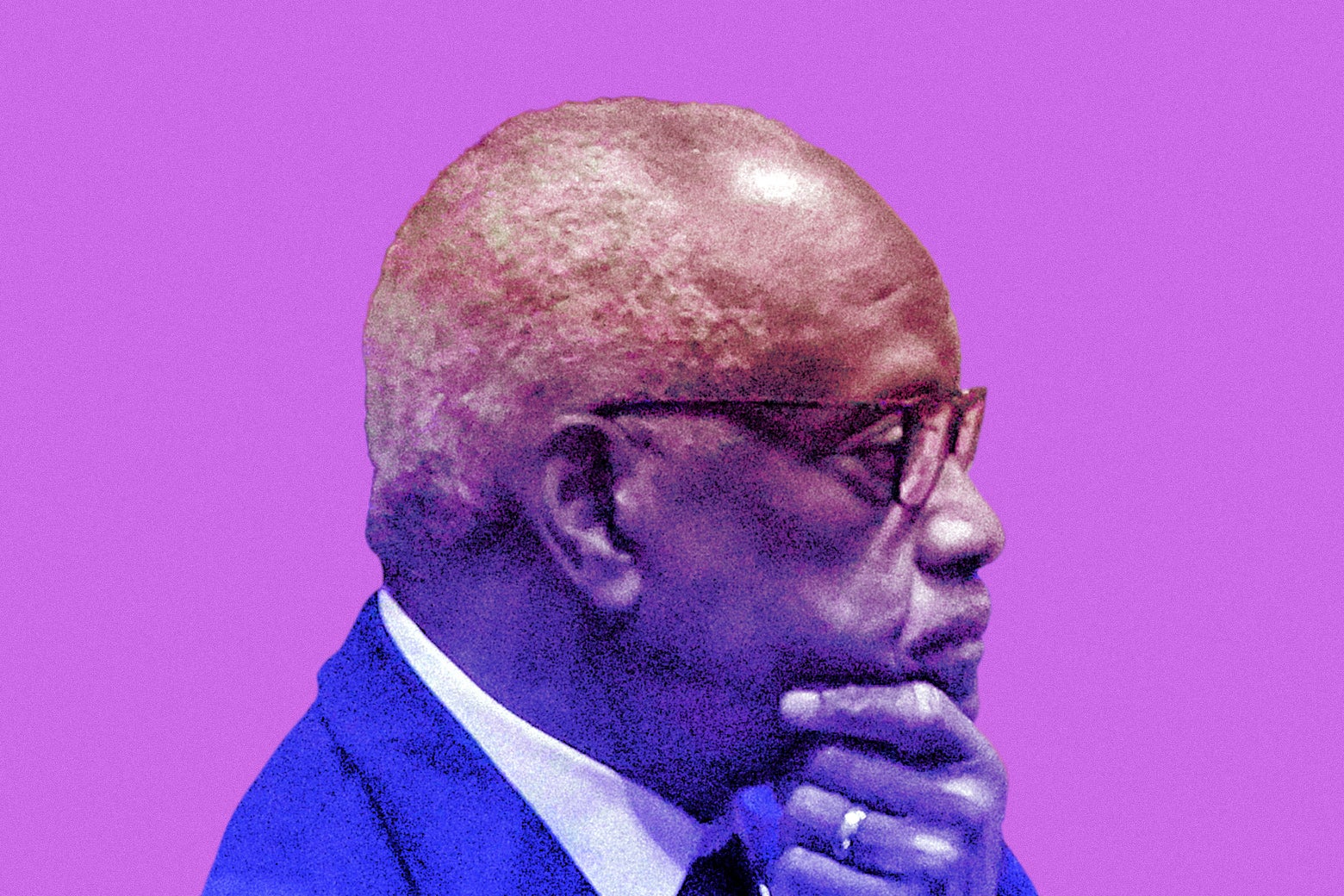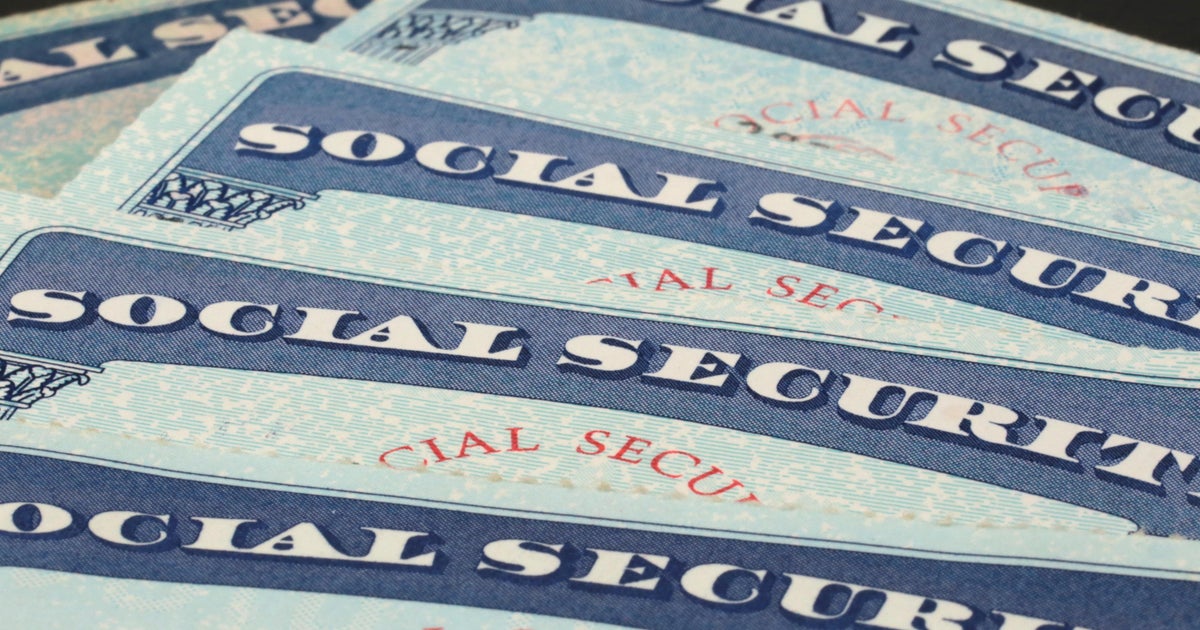Sign up for the Slatest to get the most insightful analysis, criticism, and advice out there, delivered to your inbox daily.
The past two years have brought a flood of shocking revelations about Justice Clarence Thomas’ acceptance of lavish gifts, loans, and vacations from his billionaire buddies. But the justice has faced remarkably little accountability for his flagrant violations of federal ethics laws: Despite multiple congressional probes into his misconduct, he still faces no legal or institutional repercussions from any branch of government. On this week’s Slate Plus bonus episode of Amicus, Dahlia Lithwick and Mark Joseph Stern discussed Thomas’ latest escape from liability, as yet another judicial enforcement body declined to take any action against him. A preview of their conversation, below, has been edited and condensed for clarity.
Dahlia Lithwick: A little bit of late-breaking news this week is that the Judicial Conference, the federal judiciary’s top policymaking body, will not be referring Justice Clarence Thomas to the Department of Justice for investigation over massive amounts of free travel and gifts from his wealthy friends and benefactors and supporters—gifts that were omitted from his financial disclosure forms. Judicial Conference Secretary Robert J. Conrad Jr. sent letters to Sen. Sheldon Whitehouse and Rep. Hank Johnson refusing the referral they requested and saying that Thomas’ amended disclosure forms “address several issues identified in your letter.” They also make some kind of jurisdictional claim that they don’t have the authority to do anything.
I guess this is the end of the road, Mark, for any hope that anything will ever happen to correct for literally decades of unreported travel and loot and luxury accommodations and other perks that Clarence Thomas has received and never disclosed as required by the Ethics in Government Act of 1978.
Mark Joseph Stern: Let’s be clear about what the Judicial Conference is doing here: It’s gutting the Ethics in Government Act of 1978, a federal statute that we had thought was legitimate and enforceable until now. This statute expressly gives the Judicial Conference the power to make these referrals over alleged law-breaking among federal judges to the Justice Department for investigation and potential penalties. As Gabe Roth at Fix the Court has pointed out, the law was actually enacted shortly after two justices were found to have accepted outside income that was allegedly unethical. So it was very clearly Congress’ intent to elevate the standards for all judges, and to ensure that the nine justices were held to the same standard.
And the standards here are so simple! All we’re talking about is disclosures! The law does not stop justices from accepting gifts; it just says that they have to disclose those gifts to the public, and Clarence Thomas wouldn’t even do that. Now the Judicial Conference has said it doesn’t think it has the power to make a referral to the Justice Department over his lapse, even though Congress explicitly gave it this power in the statute. Conrad wrote that “any effort to grant the Conference such authority would raise serious constitutional questions.” This strikes me as the Judicial Conference doing a lot of what the Supreme Court did in the Trump immunity case—to say, “well these guys are so powerful and so important that their conduct must be assumed to be unpunishable and above the law.”
Incredibly, the Judicial Conference also alleges that Clarence Thomas is now following the law. Conrad’s letter says: “Justice Thomas has filed amended financial disclosure statements that address several issues identified in your letter. In addition, he has agreed to follow the relevant guidance issued to other federal judges, which would include the guidance mentioned above. We have no reason to believe he has done anything less.” This is days after the Senate Judiciary Committee released a report proving that Clarence Thomas has, despite ample opportunity to correct his filings, still omitted free trips and travel from his amended disclosures. He is still violating the statute to conceal free trips that he should have disclosed!
Finally, there is no reasonable argument, as Conrad suggests, that Thomas ever had a right to exclude so many of these gifts from disclosure. Even if we accept a really broad reading of the exemption for “personal hospitality,” he still didn’t disclose the fancy RV gift that was mysteriously paid off. He didn’t disclose private tuition for his grand-nephew. He didn’t disclose the property deals that Harlan Crow undertook for the Thomas family. All of that should have been disclosed. All of it wasn’t. The justice broke the law. Now the Judicial Conference is saying, first, that it isn’t even sure if he did break the law, and second, that there’s nothing it can do about it if he did. I think the Judicial Conference is just bending the knee to the Supreme Court. It’s dismissing the power Congress sought to give it, the power to police the outer bounds of judicial behavior, saying there are no repercussions or ramifications for a justice who violates the law. The justices are now all on notice that if they continue to flout this federal statute, then they can get off scot-free.
In the sad trombonist part of it all, I guess we have to end on the note that this is not just the end of the line in terms of this effort by Sen. Whitehouse and Rep. Johnson, who have been trying to construct some structure of rules by which the court would answer to someone about something. It’s also really the end of the line because, realistically, we know the judiciary is not going to police itself. We’ve known that for a long time. But we also know the incoming Trump Department of Justice is not going to police Clarence Thomas. I guess this is the end of the line in terms of anybody holding the high court to account.
Yes, and I just want to look at the bigger picture specifically with Clarence Thomas. A cornerstone of Thomas’ jurisprudence is his dismantlement of campaign finance law. He thinks that basically all campaign finance restrictions violate the First Amendment, and he has relentlessly fought to give billionaires a First Amendment right to buy elections. Elon Musk, in this most recent election, took great advantage of the massive gaps in campaign finance law that Thomas has created, through decisions like Citizens United and McCutcheon v. FEC, to buy the election for Donald Trump.
When Trump was being outraised by Kamala Harris—when Harris was drowning in cash and Trump was drying up with small donors—Elon Musk stepped in and asserted his rights under Clarence Thomas’ jurisprudence to spend more than $250 million bailing out Trump and buying this election for him. Because Musk did that, Donald Trump is about to become president. Pam Bondi is about to become attorney general. And there is no serious argument that the Trump administration is going to investigate Clarence Thomas on its own initiative, even if it did get a referral. No matter what, the Trump administration is going to shield Clarence Thomas from any kind of fallout.
I think that shows the way Thomas and Musk and Trump—and everyone who has bought into this vision of a First Amendment–based right to buy elections—has created an oligarchy that entrenches itself, keeps itself in power, and ensures that its own privileges and benefits are never diminished or taken away. Thomas can keep taking free megayacht trips. He can keep going on private planes. He can even refuse to disclose all of it! We might whine about it, but nothing bad will happen to him, because his man is in the Oval Office. He’s got a protector who will ensure that Clarence Thomas gets to do whatever Clarence Thomas wants to do.





